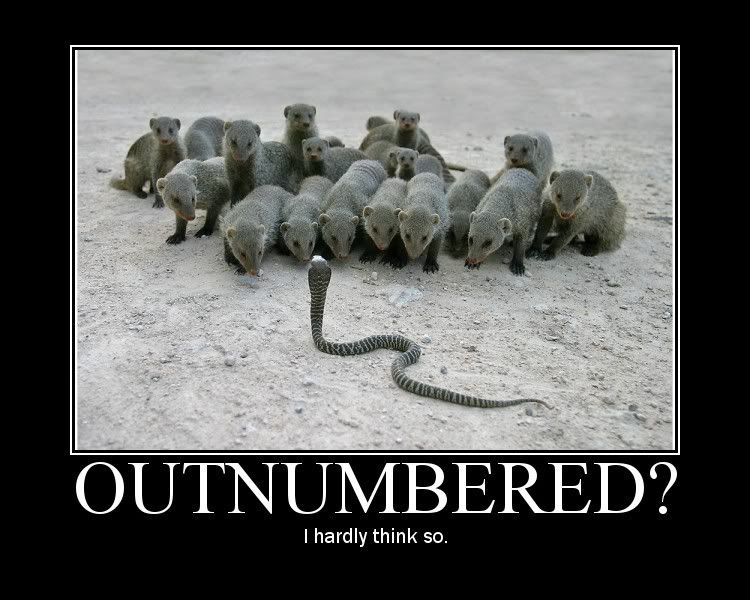
India's battle against snake bites
By John Sudworth
BBC correspondent, Delhi
The Russell's Viper is one of the world's most deadly snakes, and it does most of its killing in India.
At least 20,000 victims a year, mostly agricultural workers, suffer the fatal consequences of its bite - pain, vomiting and dizziness, followed by kidney failure. It's not a nice way to die.
As far as Indian snakes are concerned, it's not the only way either. A variety of poisonous snakes kill 50,000 Indians a year. In fact as many people die of snakebites in India as the rest of the world put together.
And yet most of these deaths are preventable. In Australia for example, a country with more venomous snakes, there was only one death last year.
'Confidence'
The problem in India is the long delay that many patients face before they find effective medical treatment. But this could be about to change.
? The national protocol will dramatically improve the treatment patients receive ?
Ian Simpson, WHO Snakebite Treatment Group
Ian Simpson is a man determined to try to reduce the death toll. A British scientist and one of the world's leading experts on snake bites he heads the World Health Organisation's Snakebite Treatment Group in South Asia.
I caught up with him in the Chennai Medical College Hospital, standing over the bed of a snakebite victim.
"The problem with any time delay is that the venom is now going about its business doing damage to your body," he said.
"If you walk into a hospital like this, and tell us you've been delayed for six hours, what you won't see are the looks amongst the doctors who now know they're dealing with a critical case."
India has a plentiful supply of anti-venom. In large part that's thanks to the Irula tribe based in Tamil Nadu, who trap poisonous snakes and extract the venom needed for its manufacture. The real problem is that many local hospitals don't know how to use it.
"Doctors don't have a great deal of confidence in dealing with snakebites," Ian Simpson tells me. "Many of the very local hospitals refer the victims to other hospitals that they believe are better equipped to handle them.
"The net result is that people are travelling around longer distances than they need to, unprotected by anti-venom at the time they need it most."
Simple steps
Mr Simpson is leading a panel of experts that has just drawn up India's first national protocol for treating snakebites. If approved by the government it will mean advice on the fast and effective use of anti-venom will be circulated to local clinics.
The idea is to push treatment into the rural areas as close to the victims as possible.
"We can't bring all Indian hospitals up the standard of Australia," he said. "But the national protocol will mean dramatically improving the treatment patients receive.
"When you go into a hospital as a rural worker in Tamil Nadu or West Bengal, you should get the same standard of treatment protocol as you would if you walked into a hospital in Adelaide or Brisbane."
The protocol is expected to be in place by the end of the year. There are also plans for a national information campaign to show agricultural workers how to avoid being bitten in the first place, and to advise them against using traditional healers.
Simple steps that Mr Simpson believes could save tens of thousands of lives a year.
In the Chennai Medical College Hospital, another snakebite victim has just arrived.
Nayanappa, an elderly farmer, was bitten by a Russell's Viper while harvesting his groundnut crop.
"I was blinded by the pain," he said. But he's been lucky, having received quick and effective treatment.
In the next door ward a mother of three is seriously ill. She was bitten by a cobra but it took her six hours to get here.
The doctors say she's likely to suffer long term brain damage. For the want of some basic medical techniques tens of thousands of lives, often those of the rural poor, are being blighted or lost.
Mr Simpson is hopeful that the Indian government will approve the national snakebite protocol by the end of this year."

This kind of Cobra should NOT be banned though!:
